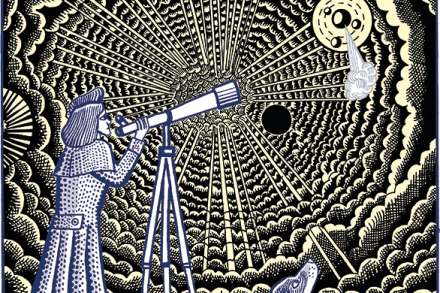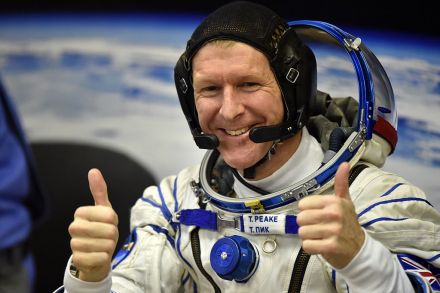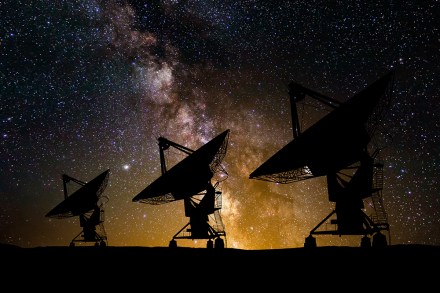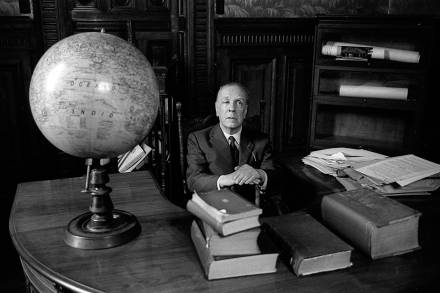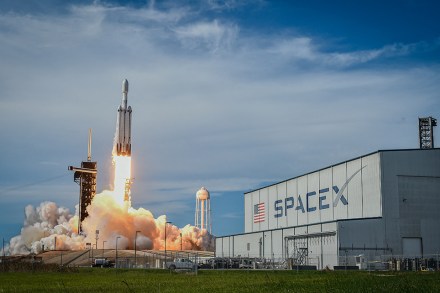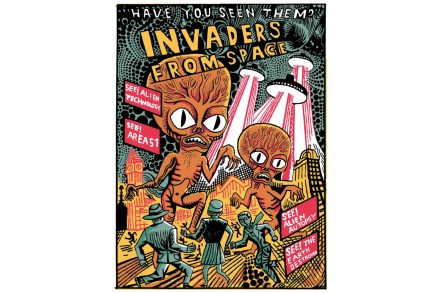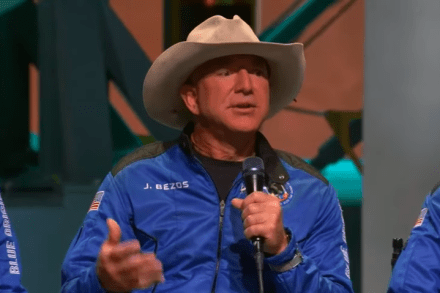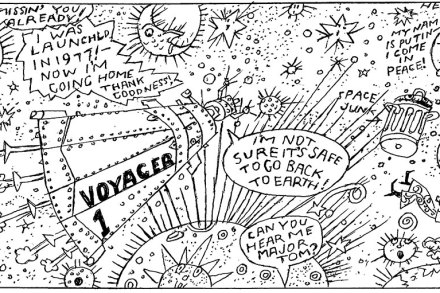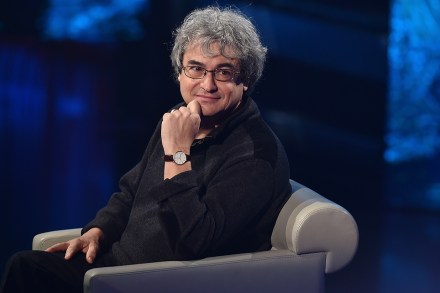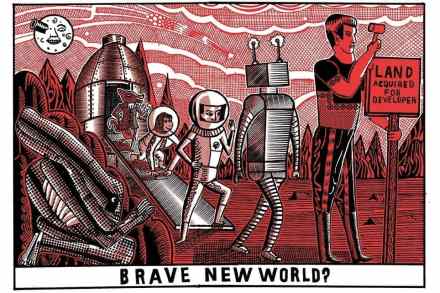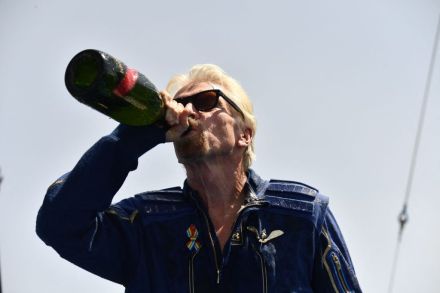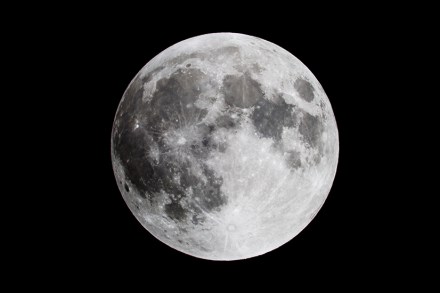We should be excited about signs of alien life
Last week, a team of astronomers led by the University of Cambridge professor Nikku Madhusudhan announced that they had found tentative evidence for a ‘biosignature’ embedded in the light from a distant planet. Scientists and non-scientists around the world tried to interpret the results. Was this it? Was this the moment when humanity could finally claim it had answered that ancient question: are we alone? As an astrophysicist involved in the search for life beyond Earth, I can tell you that the results were not that moment. But that doesn’t make them any less exciting. The simplest cell on Earth puts every other physical system in the universe – including
